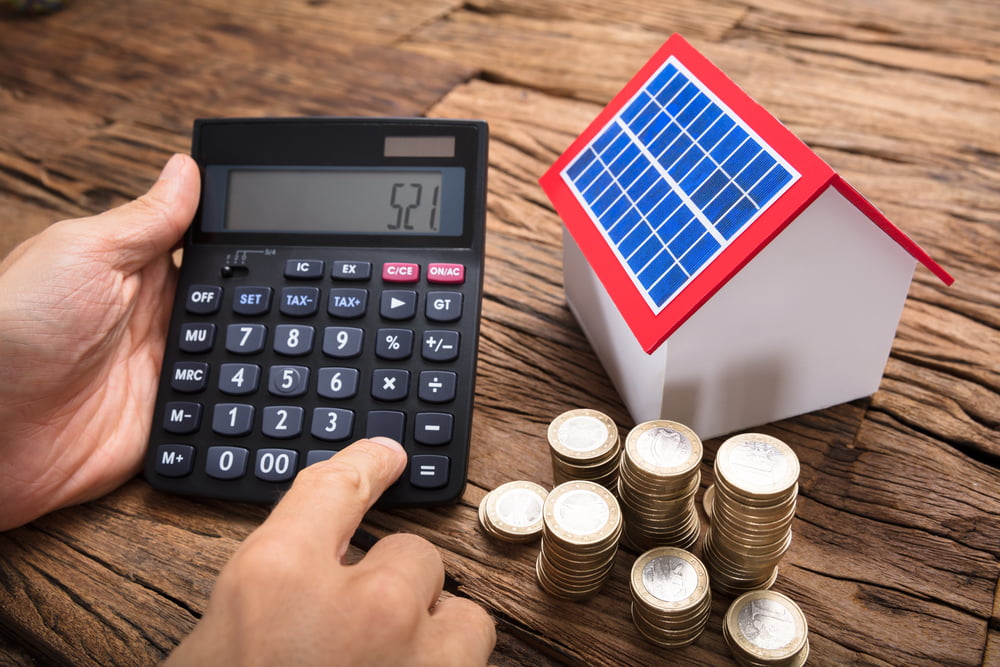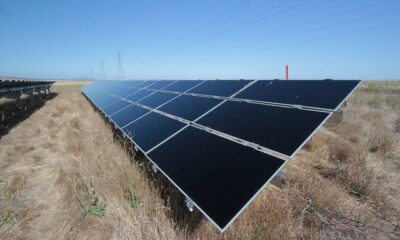

Energy
How To Choose the Right Solar Inverter for Your Home?
Most home appliances require alternating current (AC) to run. However, solar panels produce direct current (DC) like solar batteries. Therefore, you’ll need to have a solar inverter to convert the produced DC power from your solar panels to AC power that your appliances can use to operate.
When picking a solar inverter, there are many aspects you need to consider, such as the types and features of solar inverters. Since the power originating from your solar panels has to pass through the inverter, you wouldn’t want to have a poor-performing system caused by selecting the wrong choice. Continue reading to learn how to choose a suitable solar inverter for your home’s solar power system.
1. Know About the Frequently Used Inverters
It’s crucial to know about the different types of solar inverters and how they work. They include:
- Grid-tie inverter –It converts DC to AC and possesses the ability to integrate to interface with the grid. It can transmit unused solar energy to the grid and doesn’t require a battery.
- Off-grid inverter – It’s also known as a stand-alone inverter. It converts DC to AC from solar batteries and is typically capable of providing electricity to multiple residential or commercial projects.
- Hybrid inverter – It converts DC to AC power and can be applied to both off-grid and grid-tie systems.
- String inverter – Common in homes, it’s called a string inverter because there’s a string of solar panels that’s attached to it.
2. Compare Different Solar Inverters in Terms of Efficiency
It’s crucial to check the efficiency of different solar inverters and compare them since efficiency is like the soul of all solar inverters. However, you need to be careful when selecting your preferred solar inverter since not all highly efficient ones will be able to meet your needs. You can download an app that can help you compare different inverters or visit a recommended site to check out new releases.
3. Research the Reputation of The Supplier
Some brands are known to everyone. However, there are some that aren’t quite familiar. Research the brands by browsing their official websites. Read the comments, blogs, reviews, or forums of customers, so you can rank them and narrow down your options. A company with positive reviews holds a stellar reputation and offers excellent products and services.
4. Consider the Essential Parameters of Different Inverters
Solar inverters don’t produce electricity but require specific parameters to operate. So, it’s essential to consider the essential elements, such as their output AV voltage, input DC voltage, frequency, and appropriate circuitry. For instance, the input voltage and output voltage of a standard residential solar power system should be 24 and 48 VDC respectively.
5. Check for Additional Accessories or Tracking Devices On The Solar Inverter
All appliances will be faulty over time. However, some solar inverters are equipped with chips or smaller devices designed to track any sort of malfunction. In case of a malfunction, these tracking devices send relevant information to the installation company that will help you address the problem.
You also need to check if the solar inverter provides optional monitoring components that can allow you to keep an eye on your solar system. The monitoring device will let you know how much power your system produces daily, monthly, or yearly. Some modern inverters even boast a mobile app for tracking the efficiency and operation of your system and maintaining the solar inverter.
6. Go for An Inverter with Great Features
Inverters are usually installed outside buildings. High temperatures typically raise the photovoltaic system’s voltage while lower temperatures decrease its voltage. Exceeding the maximum voltage can damage the inverter. Moreover, when the voltage of your system becomes too low, your inverter might stop functioning.
Thus, it will be best to choose a solar inverter with features that allow it to withstand harsh weather conditions. For instance, a robust inverter should have a solid shell or a technology that can guarantee a stable performance even in unforeseen weather conditions.
7. Check the Cooling System of The Inverter
A cooling system is necessary to prevent overheating. Because solar inverters are installed outside buildings, they can produce a lot of heat. So, make sure that the solar inverter you pick comes with an efficient cooling system.
Conclusion
For a home that uses solar energy, you need to have a solar inverter that converts the produced DC power from solar panels to AC power, which most appliances require to operate. However, choosing a suitable solar inverter can be challenging, as you need to be familiar with how it works. With the information provided above, you’ll find the right solar inverter easily.


 Features11 months ago
Features11 months agoEco-Friendly Cryptocurrencies: Sustainable Investment Choices

 Energy11 months ago
Energy11 months agoThe Growing Role of Solar Panels in Ireland’s Energy Future

 Energy10 months ago
Energy10 months agoGrowth of Solar Power in Dublin: A Sustainable Revolution

 Energy10 months ago
Energy10 months agoRenewable Energy Adoption Can Combat Climate Change




















